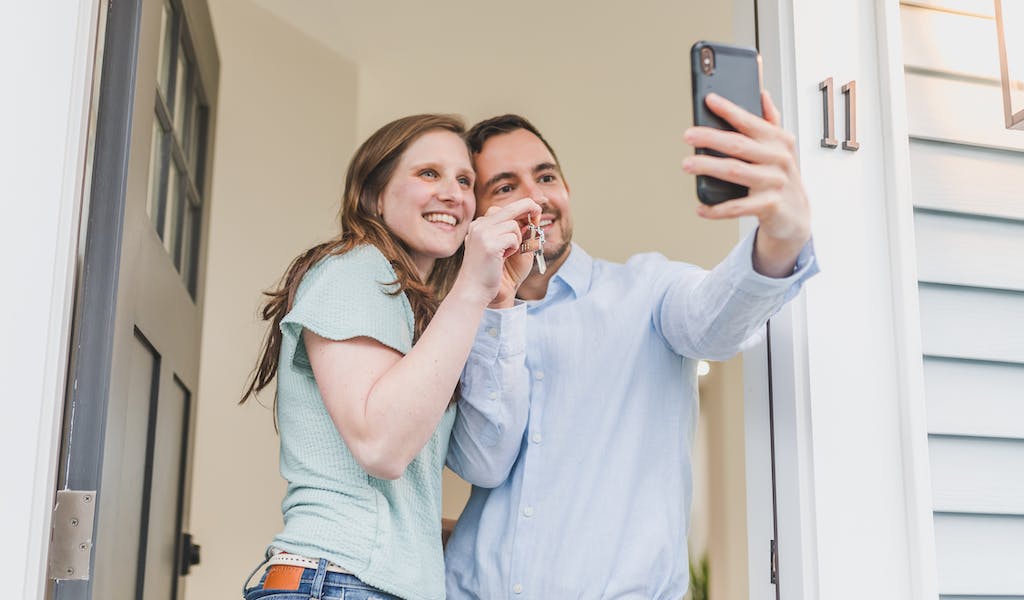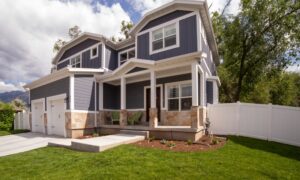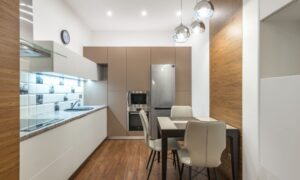It’s easy to assume that home loan repayments are the only real costs you’ll have to worry about as you transition from renter to homeowner. You might even think you’re ready to leap onto the property ladder if you can afford that one regular payment.
While this is the most significant payment associated with owning a home, it’s certainly not the only one. You’ll also need to budget for some of the following:
House Insurance
You want to protect your investment at all costs, which is why house insurance is so important. This insurance product can provide financial protection against incidents and accidents that cause damage.
While there are no guarantees that you won’t need help with an insurance claim dispute, you can at least enjoy peace of mind knowing you have a reduced risk of financial turmoil in the event of property damage.
Property Taxes
Just as you pay taxes on your income and the everyday essentials you purchase, you’ll also need to pay property taxes on any land and homes you own. Property taxes are the largest revenue source in the United States, covering schooling, roads, law enforcement, and various services we enjoy every day.
Local governments typically calculate property taxes based on where the property is located and its estimated value. The average property tax rate in the United States is 1.32%, but it can be over 3% in some areas like Aurora, Illinois, and Bridgeport, Connecticut.
Utilities
Just as you would pay utilities in a rental property, you’ll need to do the same in a house you own. Electricity, phone, internet, cable, and water and sewer services are regular, ongoing payments you must include in your homeownership budget.
How much you pay for utilities can depend on your usage and location. The average monthly residential electricity bill is over $137, while you might pay over $100 monthly for water and sewer services.
Maintenance
Houses don’t stay in excellent condition forever. They require ongoing maintenance if you want them to stand the test of time. With this in mind, you need to budget for repairs to maintain your plumbing, electricity, paint, and general structural integrity. Maintenance costs can often be unexpected, so it’s worth setting aside money each month to cover ongoing maintenance tasks as they arise.
Heating and Cooling
Your comfort in a house often revolves around heating and cooling. You want to stay warm and cozy in winter and cool and comfortable in summer. To achieve this, you must put work into maintaining your heating and cooling units.
Regular maintenance and servicing are integral to any HVAC unit’s longevity. It also doesn’t hurt to set aside funds for replacement if your HVAC unit is reaching the end of its 10-20-year serviceable life.
HOA Fees
If you decide to purchase your home in an area under homeowners’ association (HOA) control, their fees are essential to factor into your regular house budget. You’ll often need to make monthly or quarterly payments for services provided to all residents, like garbage collection, common area repairs, and snow plowing. If you live in a condo, some HOA fees also go toward swimming pools, elevators, landscaping, and similar. Most people pay an average of $200 to $300 monthly.
Home loan repayments are undoubtedly one of the most significant costs associated with homeownership. However, they are far from the only regular payment you’ll need to make. When you start looking for a new home to call your own, it’s worth considering the above costs. The more you know, the easier it will be to budget for them.

















